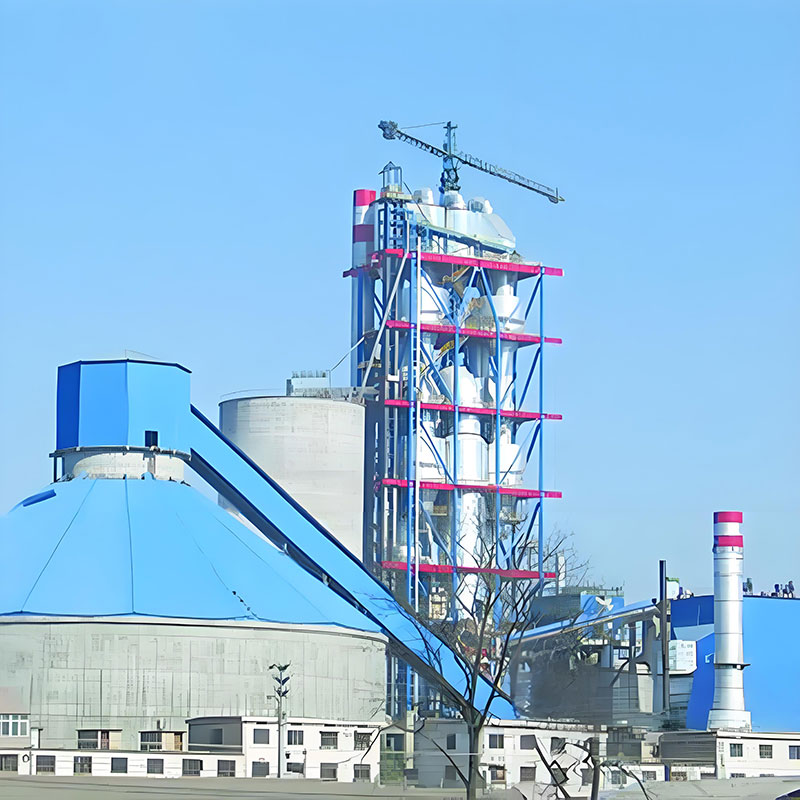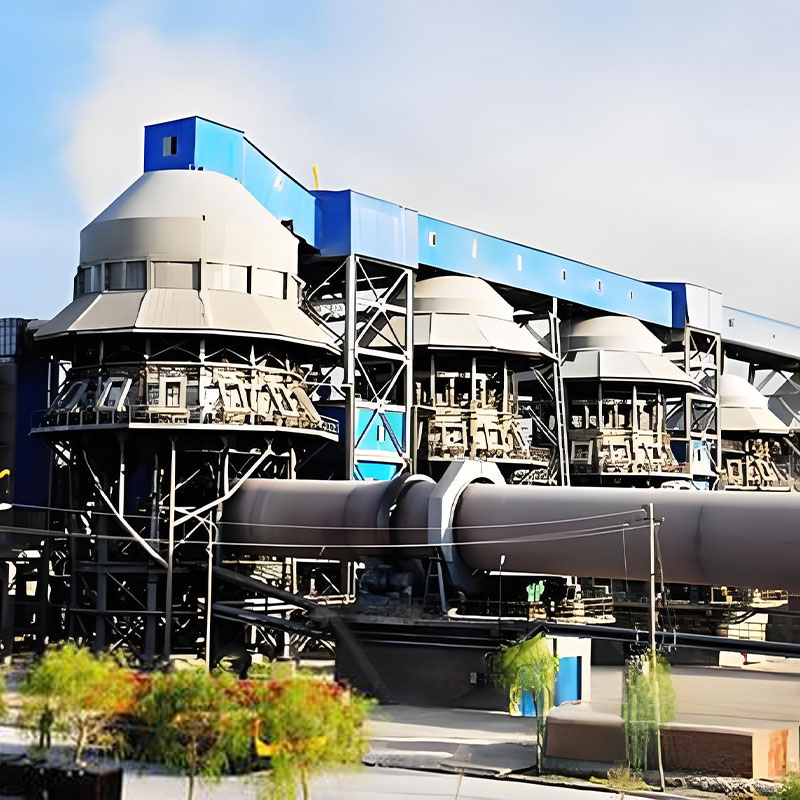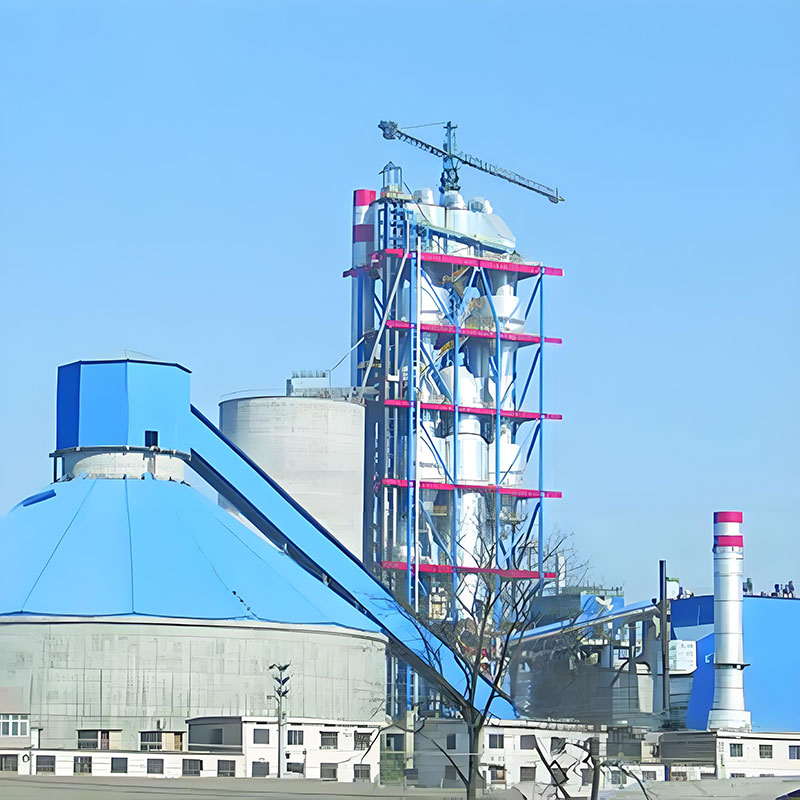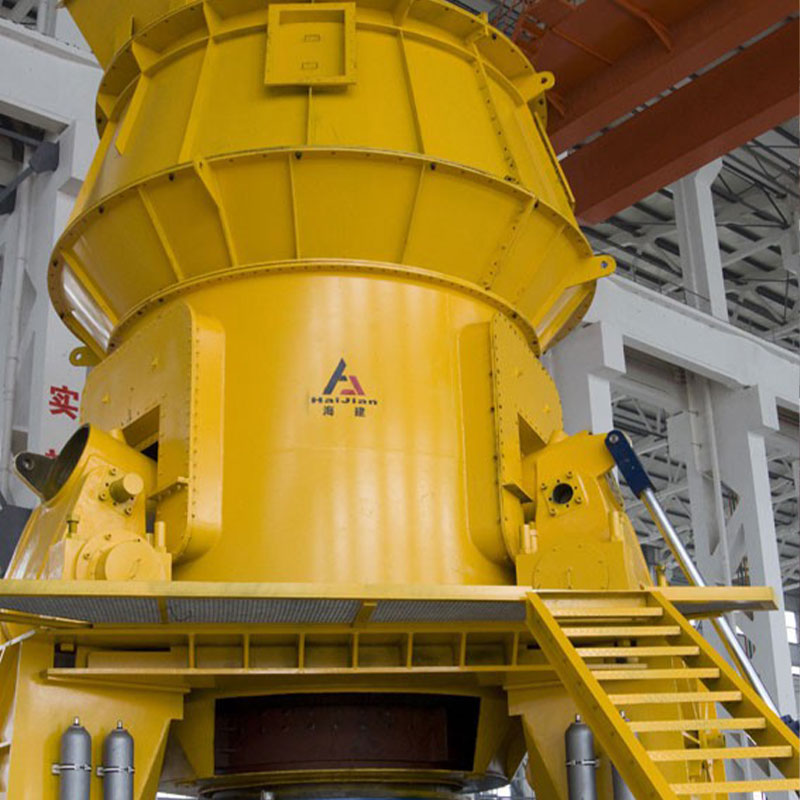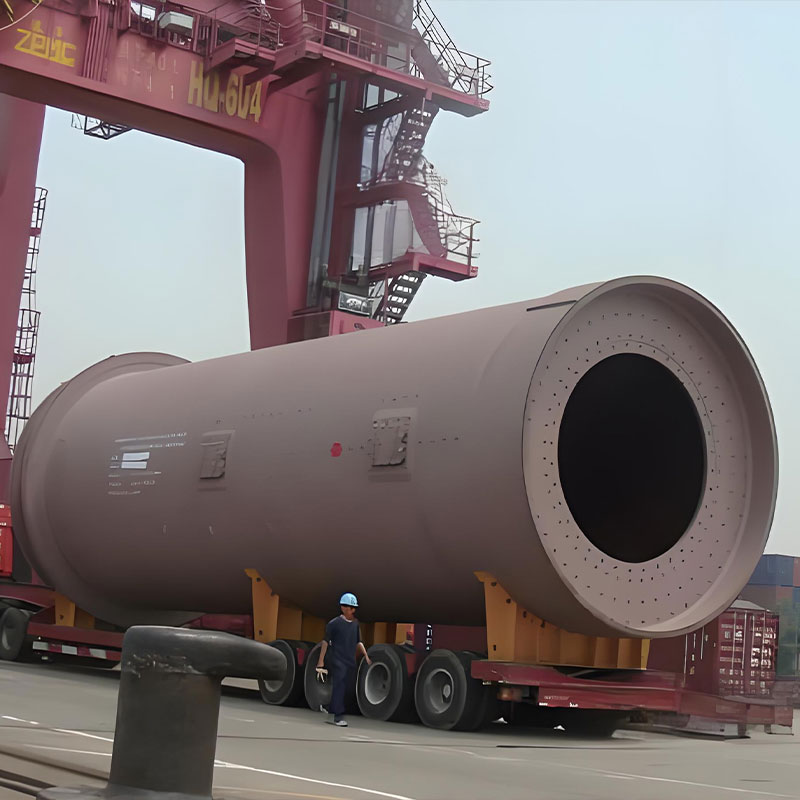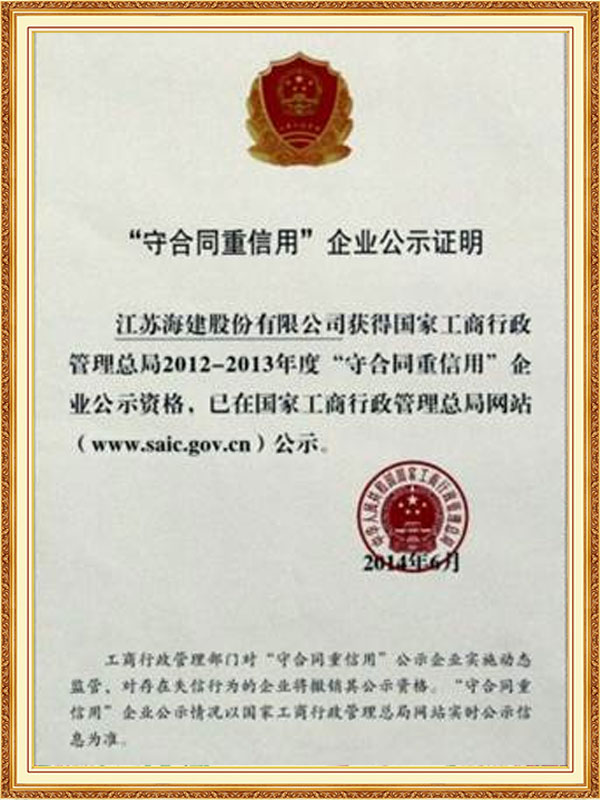Jiangsu Haijian Co., Ltd is a professional China Process equipment of Cement production line Manufacturers and Process equipment of Cement production line Company. We provide professional cement production equipment, industrial solid waste incineration equipment, and professional equipment for mining and metallurgical applications.We are a major manufacturing enterprise, a key backbone enterprise, and a primary export base for cement, power, environmental protection, and metallurgical and mining equipment in China. The company has the legal rights to independently manage the import and export of its products and is legally authorized to undertake general contracting for foreign projects.
-

Professionalism
-

Quality
-

One stop solution



News Center
News Updates
-
Admin 2026-01-30
Cement Production Line: Is It the Most Efficient Way to Build Modern Infrastructure?
A cement production line is the backbone of large-scale construction projects and urban development. By integrating automated processing, energy-efficient systems, and quality control technologies, modern cement production lines deliver consistent output and stable material performance for global in...Read More -
Admin 2026-01-22
What is a Cement Production Line and How Does It Work?
Cement production is the backbone of the construction industry, providing the essential material used in building everything from houses to highways. But how exactly is cement made, and what role does a cement production line play in this process? In this article, we’ll explore what a cement product...Read More -
Admin 2026-01-16
Is cement production line equipment maintenance difficult?
Many cement plant managers ask: Is cement production line equipment maintenance very complicated? Will it delay production? Actually, as long as a standardized maintenance process is established, daily maintenance is not difficult and can effectively reduce downtime and extend equipment lifespan. Re...Read More
Industry knowledge
Cement production line process equipment is the core of the cement industry, responsible for the entire production process, from raw material processing to finished product packaging. As a key material in modern construction and infrastructure, cement is widely used in various projects, including houses, bridges, and roads. Its quality directly affects the strength and durability of building structures. Through a series of processes, including crushing, grinding, calcining, and cooling, a cement production line transforms raw materials such as limestone, clay, and iron ore into standard cement products to meet the needs of various projects. Jiangsu Haijian Co., Ltd. is a professional manufacturer and company of cement production line process equipment. We provide specialized cement production equipment, industrial solid waste incineration equipment, and specialized equipment for mining and metallurgical applications. We are a major manufacturer, key backbone enterprise, and a major export base for cement, power, environmental protection, and metallurgical mining equipment in China.
The operating principle of a cement production line revolves around the core process of "two grindings and one incineration." First, the raw materials are initially crushed in a crusher and then mixed and homogenized in a pre-homogenization yard to ensure a stable composition. The raw materials then enter the raw mill for fine grinding, producing raw meal powder that meets calcination requirements. After being preheated in a preheater system, the raw meal powder is fed into a rotary kiln for high-temperature calcination. Under high temperature, a series of physical and chemical reactions occur in the raw meal, forming clinker minerals. The calcined clinker is rapidly cooled in a cooler before being fed into a cement mill along with gypsum and other admixtures for final grinding, ultimately producing finished cement products of varying strength grades. The entire production process relies on a highly automated control system to ensure precise control of parameters at every stage, improving production efficiency and product quality.
Cement production line equipment operates in a high-temperature, dusty, and high-load environment for extended periods. Key equipment such as rotary kilns, mills, and preheaters are susceptible to wear, corrosion, and thermal stress. Therefore, regularly inspecting and replacing vulnerable parts such as kiln linings, grinding discs, and roller sleeves is essential. Drive systems, bearings, and lubrication systems also require regular maintenance to reduce frictional losses and unexpected failures. Furthermore, environmental protection facilities such as dust collectors and denitrification equipment must operate efficiently to ensure compliance with exhaust emission standards. Standardized operations and daily inspections by operators are also crucial. By establishing a comprehensive maintenance plan and fault warning mechanism, the life of the equipment can be effectively extended, the risk of downtime can be reduced, and the continuous and efficient operation of the production line can be guaranteed.


 English
English  русский
русский  Español
Español 